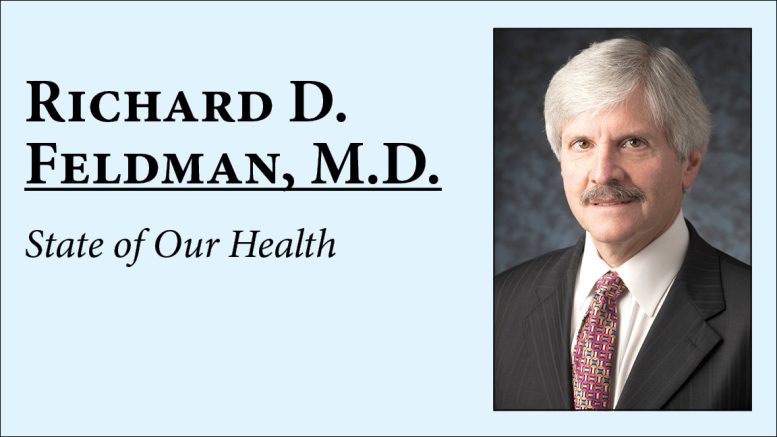The Indiana General Assembly adjourned its 2023 session April 28. This session was marked with some important advancements along with some disappointments in medically-related legislation. Here is my take from the perspective of a family physician and former public health official.
Among the states, Indiana remains one of the unhealthiest, and public health funding is near the bottom. An unfortunate Hoosier tradition. SB4 is a landmark bill that infuses $225 million over the biennium for local health department infrastructure and provision of health programs. More needs to be done. Speaking of that, the legislature did not seriously consider raising the cigarette tax.
SB7 prohibits noncompete clauses in employment contracts with primary care physicians (family medicine, general pediatrics, and internal medicine). The belief is that this prohibition creates more competition, lowers health care costs, establishes greater practice freedom, and preserves access and continuity of care for patients. Other specialists benefit from certain situations when non-compete clauses are unenforceable and from a process for contract buyout mediation.
There is concern, although controversial, that Indiana hospital pricing is one of the highest in the country. HB1004 augments the process of hospital financial data collection and reporting to the state.
With the new abortion law, now more than ever it’s important to prevent unwanted/unplanned pregnancies. HB1568 increases access by permitting pharmacists to safely prescribe self-administered hormonal birth control in the form of pills, patches, and rings (as allowed in 24 other states). There are many safeguards including patient screening tools, pharmacist training, referrals to the primary care provider, and further rulemaking with input from medical experts. Also, prescription duration is limited to six months and patients must see their provider within 12 months.
HB1001, the state budget bill, maintains reimbursement to Medicaid and Healthy Indiana Plan providers at Medicare rates. This should help preserve patient access to providers. HB1001 also increases state funding for Indiana residency-program expansion and support for maintaining quality family medicine residencies. Indiana has one of the worst physician shortages in the country.
SB275 adds to the list of specialty designations that should be reserved for physicians such as “pulmonologist”, “allergist”, and “neonatologist.” Unfortunately, the badging requirement that would have included license type such as physician, nurse, or physician assistant was amended out of the bill. Patients continue to be confused about who exactly provided their care in the clinical encounter. Clear disclosure of the type of health professional needs further clarity and transparency.
There were several unsuccessful bills that would have enabled advanced practice registered nurses (nurse practitioners) with prescriptive authority to practice independently without a physician collaboration agreement. These were strongly opposed by the physician community, clearly based on quality-of-care concerns. Nurse practitioners are valuable health-care professionals, but they are not physicians and should be part of a physician-led team.
SB480 was a contentious bill that prohibits gender transition care for minors either by medication or surgery – even with parental consent. National medical organizations firmly support this medical care that is shown to preserve emotional well-being and prevents suicides. Shouldn’t these decisions be better left to families and physicians without interference? So much for the conservative belief in small, non-intrusive government.
Only one of 13 marijuana bills received a hearing. A bill on decriminalization was heard in committee without a vote. This was historic as this was the first time marijuana was debated at the Indiana Legislature. Undoubtedly, more to come.
Overall, this was a good session for health care.
Richard D. Feldman, M.D. is an Indianapolis family physician and former Indiana State Health Commissioner who served in the administration of Governor Frank O’Bannon.

